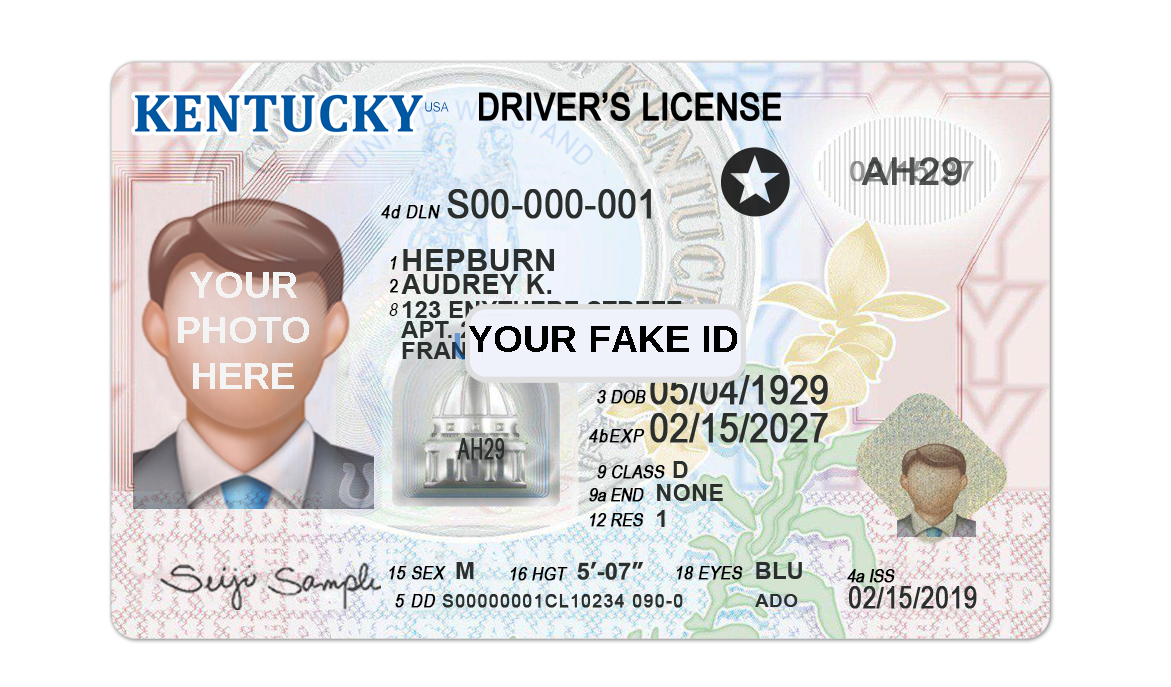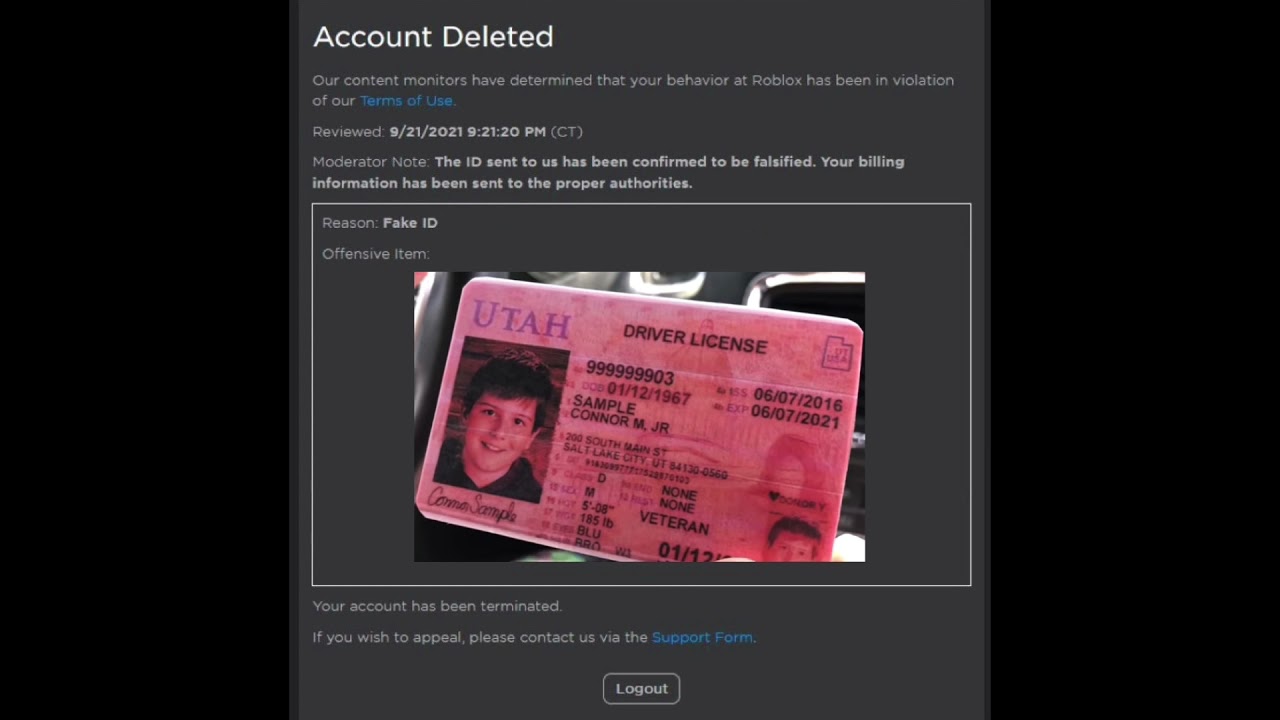Blogs
on April 15, 2024
What are web site cookies? Site cookies are online monitoring tools, and the commercial and government entities that utilize them would prefer individuals not check out those notices too carefully. People who do check out the notices thoroughly will discover that they have the option to say no to some or all cookies.
 The issue is, without cautious attention those notifications become an annoyance and a subtle pointer that your online activity can be tracked. As a researcher who studies online surveillance, I've discovered that stopping working to check out the notifications completely can result in unfavorable emotions and impact what people do online.
How cookies work
The issue is, without cautious attention those notifications become an annoyance and a subtle pointer that your online activity can be tracked. As a researcher who studies online surveillance, I've discovered that stopping working to check out the notifications completely can result in unfavorable emotions and impact what people do online.
How cookies work
 Web browser cookies are not new. They were established in 1994 by a Netscape programmer in order to optimize browsing experiences by exchanging users' information with particular websites. These small text files allowed online sites to remember your passwords for simpler logins and keep products in your virtual shopping cart for later purchases.
Over the past three years, cookies have developed to track users across sites and gadgets. This is how items in your Amazon shopping cart on your phone can be utilized to customize the advertisements you see on Hulu and Twitter on your laptop. One study found that 35 of 50 popular online sites utilize website or blog cookies unlawfully.
European guidelines require internet sites to get your approval before utilizing cookies. You can avoid this type of third-party tracking with website or blog cookies by carefully reading platforms' privacy policies and opting out of cookies, but individuals normally aren't doing that.
Where To Find Online Privacy With Fake ID
One study found that, usually, web users spend simply 13 seconds checking out a website or blog's regards to service declarations prior to they consent to cookies and other outrageous terms, such as, as the research study included, exchanging their first-born child for service on the platform.
Friction is a strategy used to slow down web users, either to keep governmental control or minimize consumer service loads. Friction includes building frustrating experiences into site and app design so that users who are trying to prevent monitoring or censorship end up being so inconvenienced that they eventually give up.
My latest research study looked for to understand how internet site cookie alerts are utilized in the U.S. to create friction and influence user habits. To do this research study, I looked to the principle of meaningless compliance, an idea made notorious by Yale psychologist Stanley Milgram. Milgram's experiments-- now thought about an extreme breach of research study ethics-- asked participants to administer electrical shocks to fellow study takers in order to check obedience to authority.
If You Don't Online Privacy With Fake ID Now, You'll Hate Yourself Later
Milgram's research study showed that individuals frequently grant a demand by authority without first pondering on whether it's the ideal thing to do. In a far more regular case, I suspected this is also what was happening with website or blog cookies. Some individuals understand that, often it may be essential to register on internet sites with lots of individuals and pseudo information might want to consider yourfakeidforroblox!
I performed a large, nationally representative experiment that presented users with a boilerplate web browser cookie pop-up message, similar to one you might have encountered on your method to read this post. I evaluated whether the cookie message set off an emotional action either anger or worry, which are both expected reactions to online friction. And after that I evaluated how these cookie notifications affected web users' desire to express themselves online.
Online expression is main to democratic life, and numerous types of web monitoring are understood to reduce it. The outcomes showed that cookie alerts triggered strong sensations of anger and worry, recommending that website or blog cookies are no longer viewed as the handy online tool they were developed to be.
And, as believed, cookie alerts also lowered individuals's stated desire to express opinions, look for info and break the status quo. Legislation regulating cookie notifications like the EU's General Data Protection Regulation and California Consumer Privacy Act were designed with the public in mind. Notice of online tracking is producing an unintended boomerang effect.
There are three design options that could help. First, making grant cookies more conscious, so individuals are more familiar with which information will be collected and how it will be used. This will involve changing the default of internet site cookies from opt-out to opt-in so that people who want to utilize cookies to enhance their experience can voluntarily do so. The cookie approvals alter frequently, and what data is being asked for and how it will be used should be front and center.
In the U.S., web users must have the right to be confidential, or the right to get rid of online info about themselves that is harmful or not used for its original intent, including the data gathered by tracking cookies. This is a provision approved in the General Data Protection Regulation but does not extend to U.S. web users. In the meantime, I advise that individuals check out the terms and conditions of cookie usage and accept only what's necessary.
Web browser cookies are not new. They were established in 1994 by a Netscape programmer in order to optimize browsing experiences by exchanging users' information with particular websites. These small text files allowed online sites to remember your passwords for simpler logins and keep products in your virtual shopping cart for later purchases.
Over the past three years, cookies have developed to track users across sites and gadgets. This is how items in your Amazon shopping cart on your phone can be utilized to customize the advertisements you see on Hulu and Twitter on your laptop. One study found that 35 of 50 popular online sites utilize website or blog cookies unlawfully.
European guidelines require internet sites to get your approval before utilizing cookies. You can avoid this type of third-party tracking with website or blog cookies by carefully reading platforms' privacy policies and opting out of cookies, but individuals normally aren't doing that.
Where To Find Online Privacy With Fake ID
One study found that, usually, web users spend simply 13 seconds checking out a website or blog's regards to service declarations prior to they consent to cookies and other outrageous terms, such as, as the research study included, exchanging their first-born child for service on the platform.
Friction is a strategy used to slow down web users, either to keep governmental control or minimize consumer service loads. Friction includes building frustrating experiences into site and app design so that users who are trying to prevent monitoring or censorship end up being so inconvenienced that they eventually give up.
My latest research study looked for to understand how internet site cookie alerts are utilized in the U.S. to create friction and influence user habits. To do this research study, I looked to the principle of meaningless compliance, an idea made notorious by Yale psychologist Stanley Milgram. Milgram's experiments-- now thought about an extreme breach of research study ethics-- asked participants to administer electrical shocks to fellow study takers in order to check obedience to authority.
If You Don't Online Privacy With Fake ID Now, You'll Hate Yourself Later
Milgram's research study showed that individuals frequently grant a demand by authority without first pondering on whether it's the ideal thing to do. In a far more regular case, I suspected this is also what was happening with website or blog cookies. Some individuals understand that, often it may be essential to register on internet sites with lots of individuals and pseudo information might want to consider yourfakeidforroblox!
I performed a large, nationally representative experiment that presented users with a boilerplate web browser cookie pop-up message, similar to one you might have encountered on your method to read this post. I evaluated whether the cookie message set off an emotional action either anger or worry, which are both expected reactions to online friction. And after that I evaluated how these cookie notifications affected web users' desire to express themselves online.
Online expression is main to democratic life, and numerous types of web monitoring are understood to reduce it. The outcomes showed that cookie alerts triggered strong sensations of anger and worry, recommending that website or blog cookies are no longer viewed as the handy online tool they were developed to be.
And, as believed, cookie alerts also lowered individuals's stated desire to express opinions, look for info and break the status quo. Legislation regulating cookie notifications like the EU's General Data Protection Regulation and California Consumer Privacy Act were designed with the public in mind. Notice of online tracking is producing an unintended boomerang effect.
There are three design options that could help. First, making grant cookies more conscious, so individuals are more familiar with which information will be collected and how it will be used. This will involve changing the default of internet site cookies from opt-out to opt-in so that people who want to utilize cookies to enhance their experience can voluntarily do so. The cookie approvals alter frequently, and what data is being asked for and how it will be used should be front and center.
In the U.S., web users must have the right to be confidential, or the right to get rid of online info about themselves that is harmful or not used for its original intent, including the data gathered by tracking cookies. This is a provision approved in the General Data Protection Regulation but does not extend to U.S. web users. In the meantime, I advise that individuals check out the terms and conditions of cookie usage and accept only what's necessary.
Topics:
yourfakeidforroblox.com
Be the first person to like this.





